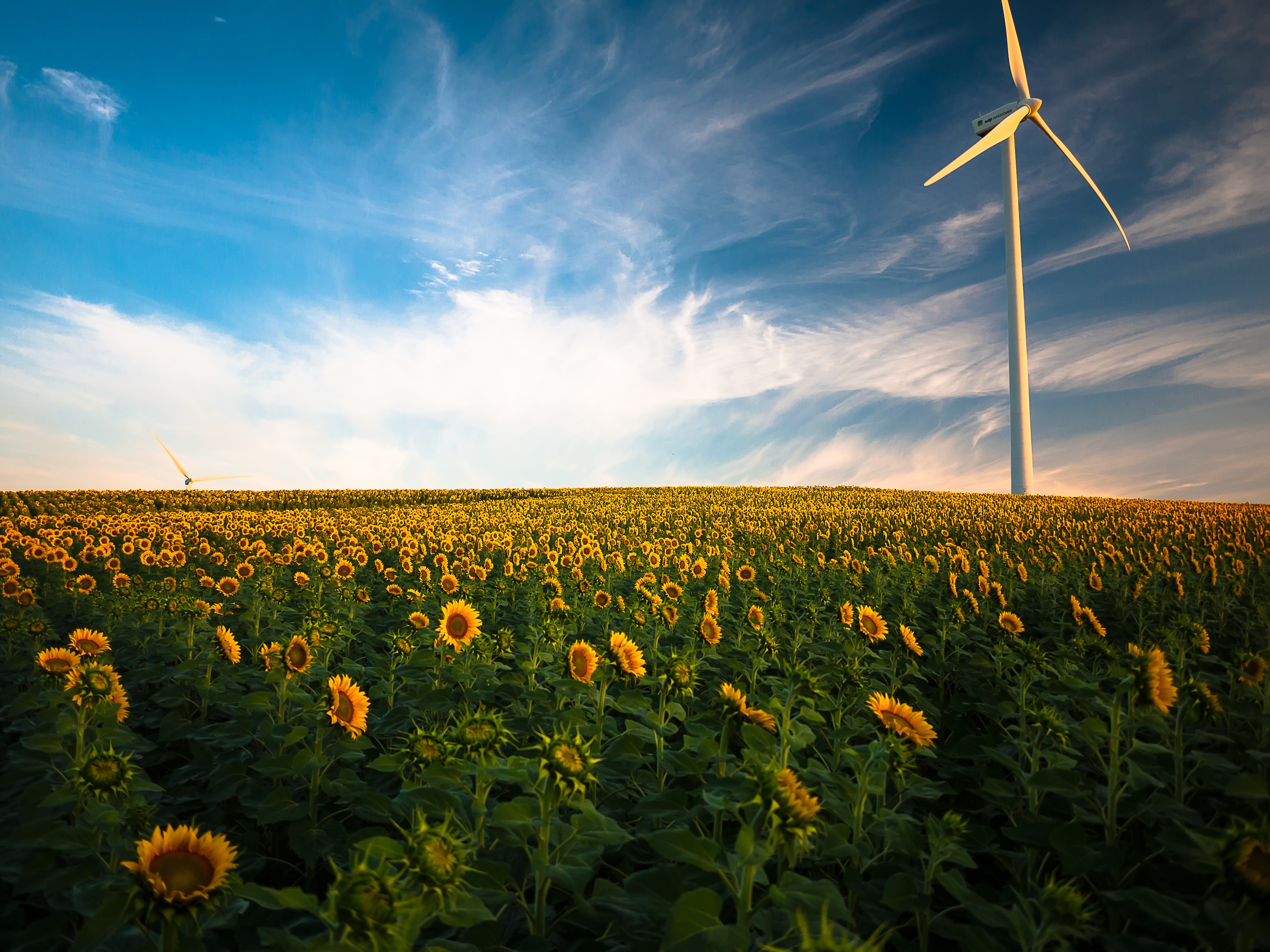Put people at the heart of the green transition, argue IPPR and WWF
Posted on 05 Nov 2019 Categories: Climate crisis, News, Reports, The society we want, The state we want
The IPPR and WWF have published a collection of essays, Putting people at the heart of the green transition, which sets out what ‘a Green New Deal (GND) could mean for different sectors … and suggests how it could be delivered in a way that would secure widespread public support’.
It seeks to bring two new things to the discussion around a GND: to give a platform to a more ‘varied set of voices’ and to look at ‘areas where we’ll need investment and policy across both climate and nature, because it is necessary to address the crisis in both at the same time’. It emphasises the importance of ‘fairness’, which means ‘ensuring investment and support reaches the people and places that need it most’; ‘a fair distribution of cost and incentives’; and, finally, engaging the people affected by climate change ‘in an inclusive democratic process that ensures policy isn’t done to people but with them’.
The first section looks at vision, and asks ‘what is a GND?’ Ed Miliband, Caroline Lucas and Laura Sandys argue that too often climate change is seen as ‘marginal to the public’s concerns’, but that a GND relates the debate ‘to the concerns that people have in their daily lives’. Charlotte Hartley argues that
‘part of the response to environmental crises is changing our measure of progress from economic growth and profits to wider measures of well-being, healthy lifestyles, good work-life balance, and better and safer jobs’.
The second section looks at the need for ‘clear policy direction and strategic planning’ in order to capture the economic and societal benefits of delivering on the UK’s environmental commitments, and explores different options for financing a GND.
The report then looks to ‘benefits for people’, arguing that a GND could bring people ‘improvements in their quality of life, their jobs and businesses; especially in those sectors most exposed to change’. Farhana Yamin’s essay argues that ‘poverty is compounded by environmental inequalities’, and that a GND is the key to fixing both ‘the health of the planet and the health of human societies’. Looking at business, it then explores how different sectors will have to approach rapid decarbonisation, from the extraction industry to agriculture.
Finally, the report looks at ‘empowering place’ and how the GND ‘has the potential to distribute resources across the whole of the country’. Sophie Sleeman and Aaron Smith call for a GND that helps ‘renew our democracy and devolve power to people’. Sophie Howe looks to Wales’s Future Generations Act and the Environment Act as a model for what could be included in a GND, both of which have
‘respectively ensured that the needs of the present are met without compromising the ability of future generations to meet their own needs, and started to steer policymakers away from “outdated models of growth”’.
The report concludes:
‘Delivering a transition at the scale and pace required makes it essential that we tell the truth about the scale of the challenge that confronts us, but it is possible to set out an exciting vision of the future and plan for how we can bring about that change for the better.’
Read the report here.
Posted on 05 Nov 2019 Categories: Climate crisis, News, Reports, The society we want, The state we want

